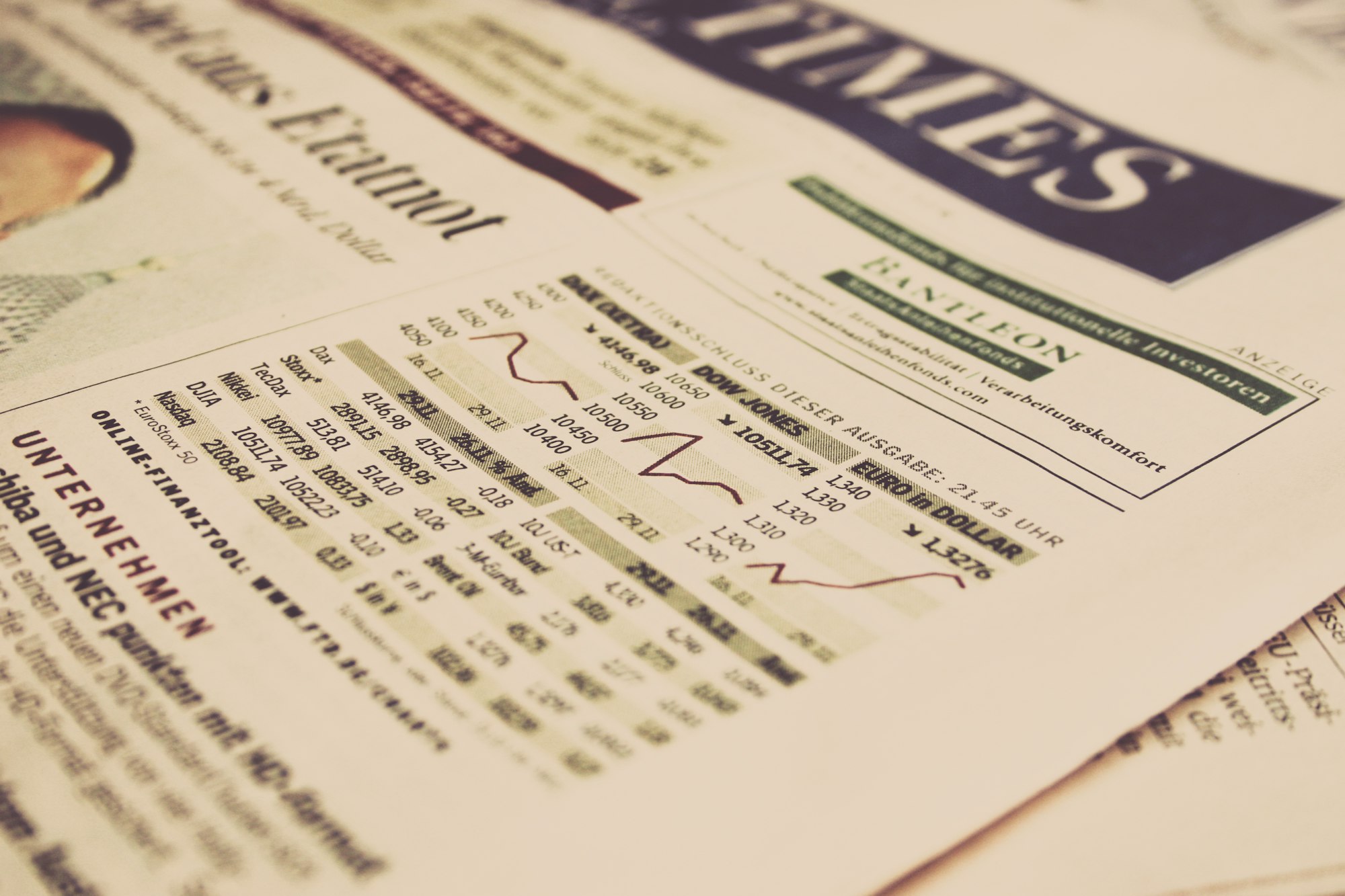Are you a little worked up about the potential economic slowdown? With all the news circulating around this, you are certainly not alone.
On the flip side, it’s in these times, where you actually wake up and take an honest look at where your money is going and how you are investing it. So don’t panic, and instead, see this as a reminder to take stock of your finances.
Read on to find 6 things you can do to make sure your finances are in place and you’re fully prepared to tackle these economic changes.
1. Watch Your Expenses
At this time, it is not just crucial to keep a close track of your expenses, but it’s something you must do. If you have a handle over budgeting, then you won’t find this difficult at all! Once you have a clear understanding of where your money goes, you’ll be able to make more insightful changes. Often times when you look closely at your expenses, you’ll realize that it’s the small expenses that are adding up and hitting you hard. Perhaps it’s time to swap takeaway with a home-cooked meal, daily cab rides with carpooling, and that gym membership with jogging in the park.
2. Create a Debt Repayment Strategy
In times of slowdown, you may be worried about your EMI payments towards home loans or car loans. In this case, you have the option of requesting your bank for a grace period citing valid reasons. Some banks would be willing to give you that grace period for resuming your EMI Payments. However, a word of caution - this extension may lead to a higher interest payment. But if you need that time, take it and use it wisely. You also have the option of asking the bank to restructure or refinance your loan. This is a good option if you need some breathing space and time.
3. Build your Emergency Fund
Building up an emergency fund is always a good idea, but especially now it’s a must. Ideally, your emergency corpus should be enough to fund 6-9 months of your expenses.
Of course, when deciding how much to put into your emergency fund, you should take your income, expenses, and family structure into consideration. If you are a freelancer or a business owner with a variable income, then it’s important to have a larger emergency fund.
In order to build an emergency fund, you have an array of financial instruments to choose from - Savings Account, Liquid Debt fund, Fixed Deposit, etc. The important thing to remember is that a good portion of your emergency fund should remain liquid so that you have instant access to them.
4. Stick with your SIP
In volatile markets, Systematic Investment Plan (SIP) is where your money is actually safe.
Dhirendra Kumar, CEO of Value Research in an Economic Times article, explains that there are two goals of SIPs investment - One, is to ensure that you keep investing regularly. And two, that you do not stop investing when the markets are turbulent. To generate great returns, both are equally necessary and therefore, it would be unwise to sabotage your investments by not sticking to the plan. As markets weaken and the net asset value of funds decreases, every SIP will get you more units. When the market eventually recovers, the accumulated units will translate to a larger sum.
Essentially, if you are a long-term investor, the market lows are just as important to propel high returns in the coming years.
5. Review Your Portfolio
During an economic slowdown, it’s a good idea to review your portfolio and remember to not take any hasty decisions - trust us, there is a smart approach for every type of investor.
According to Rahul Agarwal, from Director of Wealth Discovery / EZ Wealth, if you are the investor who wants to put fresh money to work, this might be just the right time - several companies with exceptional fundamentals are trading at very attractive valuations. If you have some risk appetite, he suggests that you build a smallcap centric portfolio with potential windfall gains in a three to five-year time horizon. This slowdown also gives you the opportunity to measure your real risk tolerance. This time also allows you to introspect your portfolio and adjust it to achieve optimal diversification.
However, if this time is causing you added stress, then you can always restructure your equity holdings into debt or other alternative assets.
6. Upskill Yourself
In this economic slowdown, it is only natural for people to feel more protective of their jobs. One of the key solutions to this is to focus on improving your skills and putting in the effort to try and learn new things. It’s a good idea to get a closer look at what’s happening inside your company and in the industry.
Also, make sure you continuously network with people within and outside of your organization so that you’re up to date with current events in your industry. We’ve got a video giving you 6 ways you can manage your finances if you’re worried about layoffs.
We hope these 6 tips help you make smarter financial decisions in these uncertain times. Just remember to remain calm, and focus on being prepared with getting your finances in order. Trust us, it’s the simple financial decisions that can make your financial well-being blossom.
Sources: Founder India, Economic Times





